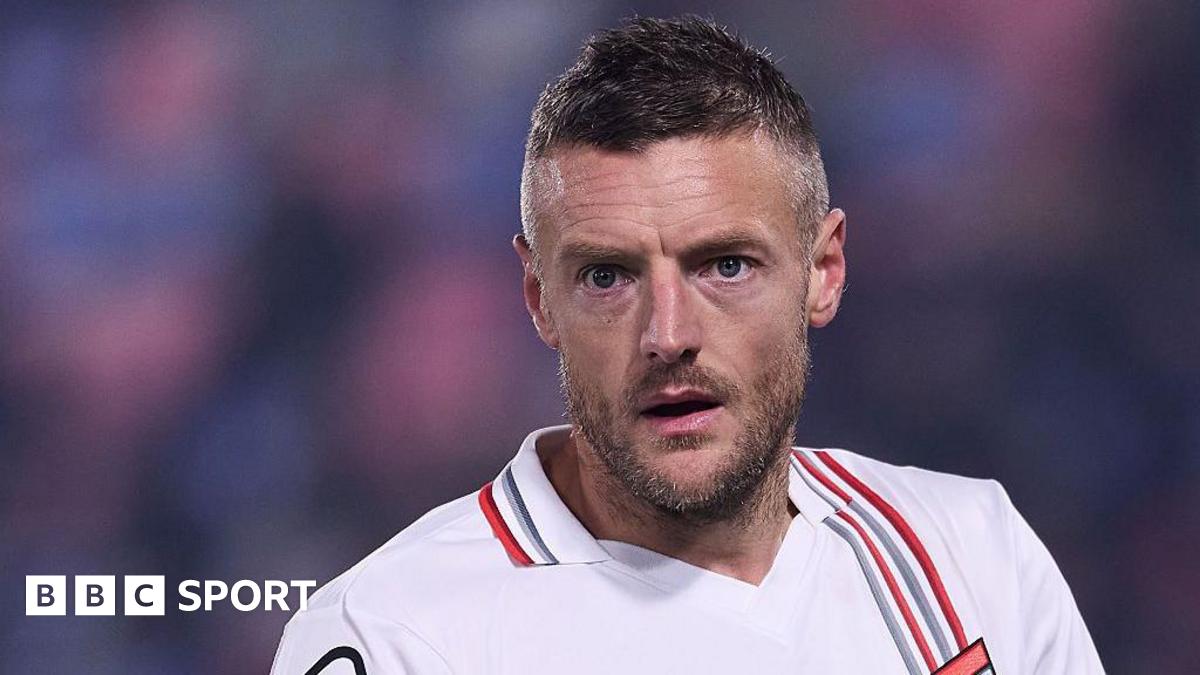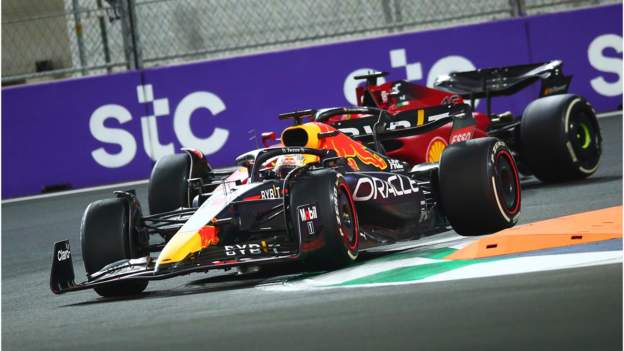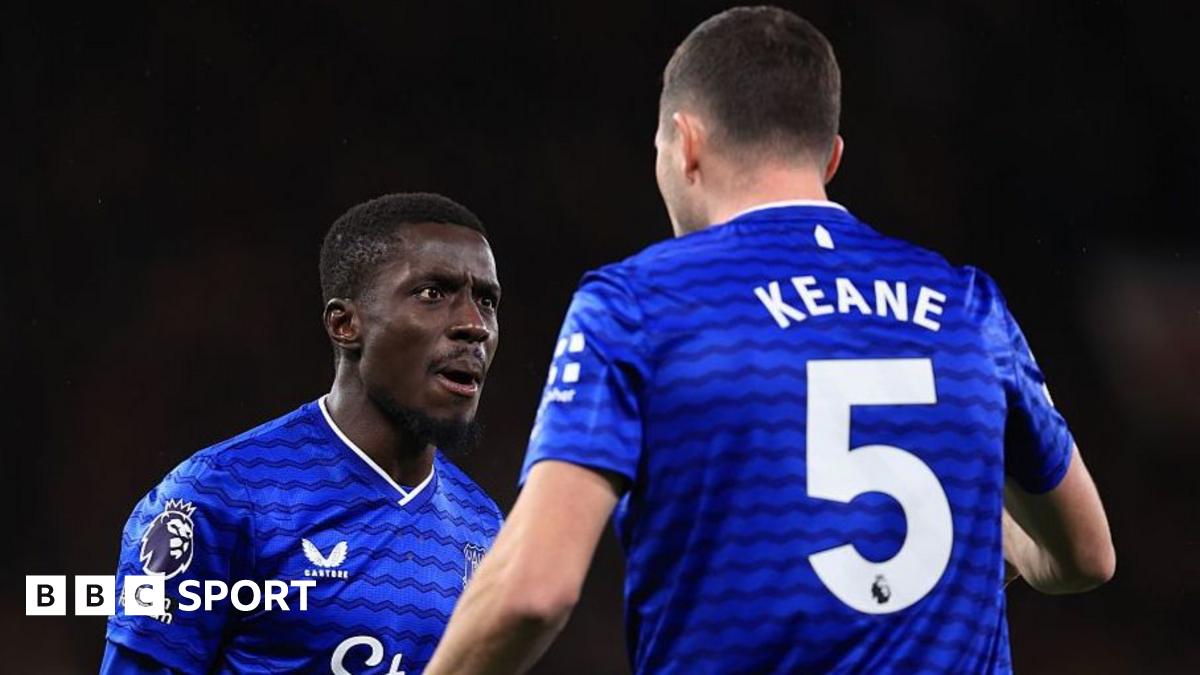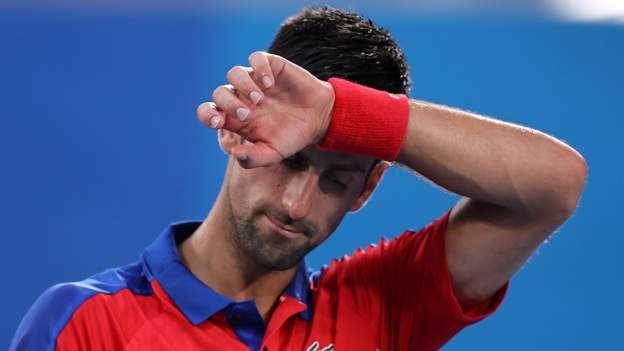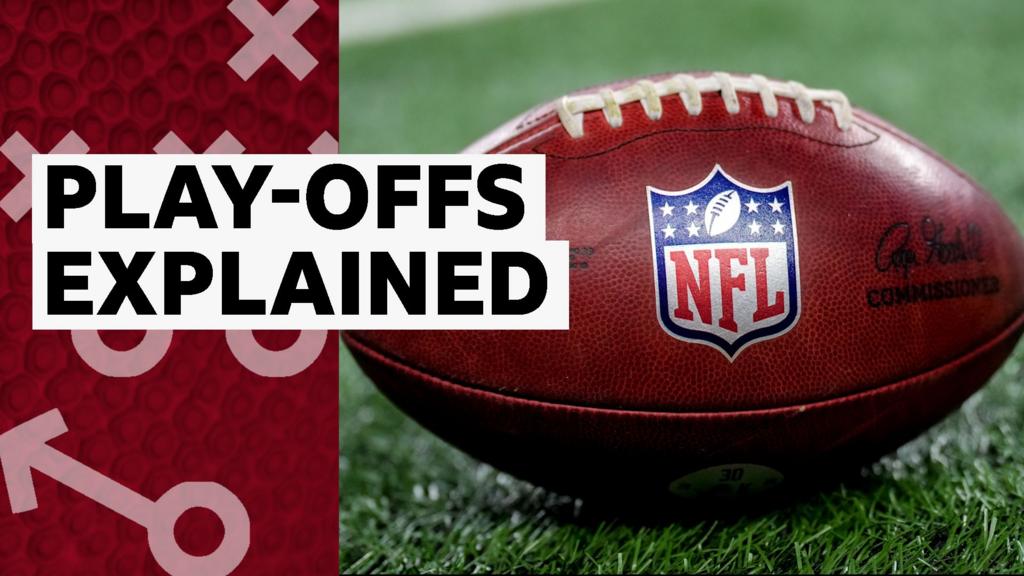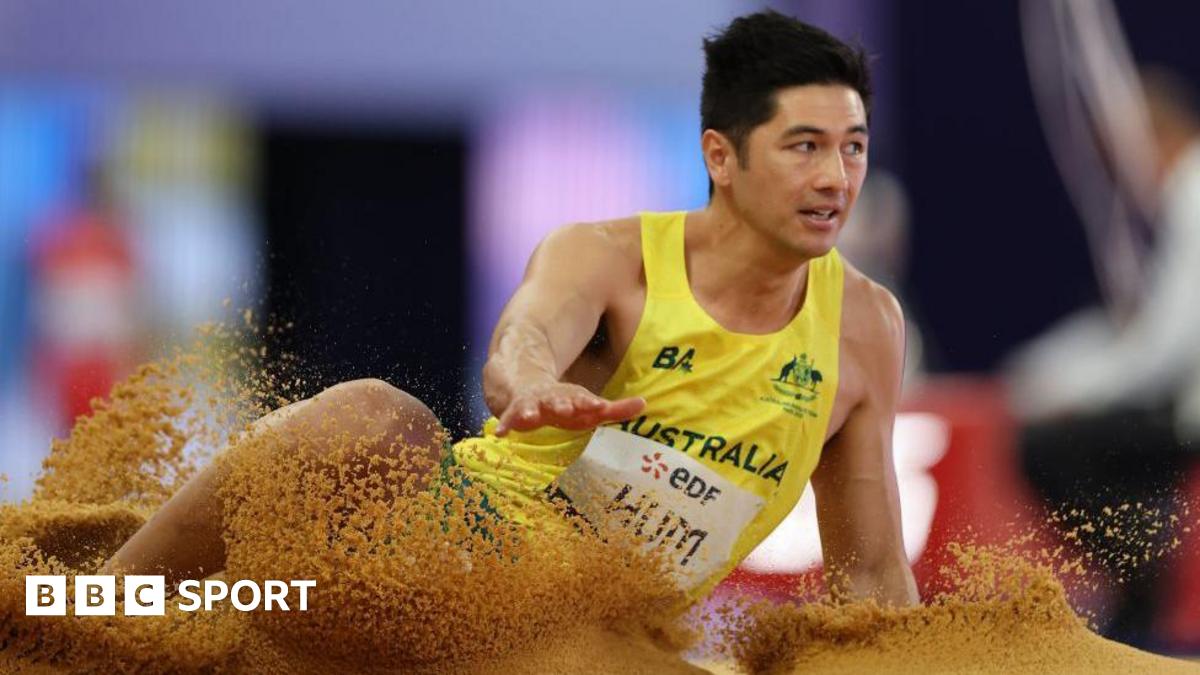World Championship leader Charles Leclerc believes his Ferrari team will be at a disadvantage compared with rivals Red Bull at the Australian Grand Prix.
Melbourne’s Albert Park track has been modified for Formula 1’s return to Australia for the first time in two years and is now much faster than it used to be.
“Overall the track characteristics here are not fitting very well with our [car], but everything is to play for,” Leclerc said.
“I still think we will be in the mix – it will still be very close.”
Leclerc has a win and a second place from the two races so far this season in Bahrain and Saudi Arabia and leads the drivers’ championship by 12 points from Ferrari team-mate Carlos Sainz, with Red Bull’s Max Verstappen a further eight points behind.
So far, the Red Bull has appeared to have an advantage on the straights compared with the Ferrari, so Leclerc and Sainz believe the modifications to Albert Park – which include removing a chicane and widening some of the remaining corners – will favour Red Bull.
Leclerc has tried the new layout in the Ferrari simulator and said it is “much, much quicker”.
“I think the old one would have suited us better,” Leclerc said. “But it is the way it is and we will try to maximise everything as always and hopefully Imola [host of the next race] will be a track that suits us a little bit better.
“It is not like it is going to be a big gap. If we do the perfect job, everything is possible.”
Sainz said: “Our car has been strong in all the circuits we have been to so far, but it’s true in Jeddah with more straight-line [speed] the Red Bull looked like the better car, and the better balance in terms of top speed and corner speed. So, given how long the straights have become here, maybe they are a bit more up for it. But I think we can still do a good job.”
Both races so far in 2022 have featured close battles between Leclerc and Verstappen in which the DRS overtaking aid played a large part.
Leclerc managed to fend off the world champion in Bahrain before Verstappen’s retirement, but in Jeddah the Red Bull’s straight-line speed advantage compared with the high number of DRS zones eventually paid and Verstappen was able to make a pass stick a few laps from the end.
In both races, Leclerc played tactically with the DRS detection points to ensure he was behind at key parts of the track and could benefit from the subsequent overtaking zone to repass Verstappen.
He said he expected similar tactics to be required in Australia on Sunday.
“We have seen in the past two races this strategy with DRS and I am petty sure we will see it even more here, because basically all the straights have a DRS zone so overtaking will be a thing and clever racing can make a big difference here,” Leclerc said.
Are the track changes positive?
This will be the first time F1 has raced in Melbourne since 2019. The sport flew to Australia for the start of the 2020 season, but the weekend was abandoned before a car had been run as the pandemic took hold across the globe.
Australian Grand Prix organisers and F1 decided to make the changes to Albert Park because the track had developed a reputation as one where it was difficult to overtake.
But Haas driver Kevin Magnussen said he was not convinced that the changes to the Melbourne circuit would have much effect.
The biggest change is the removal of a chicane about halfway around the track – the former Turns Eight and Nine. This creates a long, curving, flat-out section from Turn Six to the 155mph left-right at what are now Turns Nine and 10.
Magnussen said: “When I saw the layout on this track, [I thought] that maybe some of it was over the top.
“Removing Turns Nine and 10, I don’t think they needed to do that but they have made a big effort to make the show better. It’s a great thing for the track to try to do their best to improve racing and let’s see how it goes in the race.”
Magnussen said he thought the track would be “a little bit better” for overtaking, but questioned the merit of the decision to remove the chicane.
Magnussen said he was also sceptical as to whether the trend for increasing the number of DRS zones on tracks was positive for F1.
“There are different opinions of what’s good racing,” the Dane said. “Too-easy overtaking can be bad as well. It puts everyone in their right position in terms of pace.
“It’s a balance. Some tracks have the right balance to have some racing but also some opportunity to defend. If you can’t defend, if you get overtaken if you are just a little bit slower, that’s not a good thing.”









